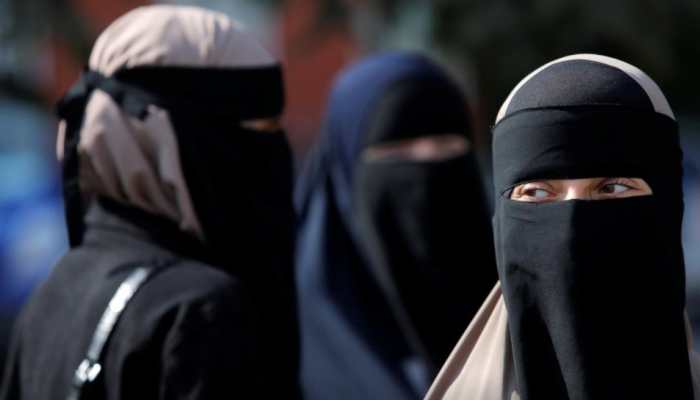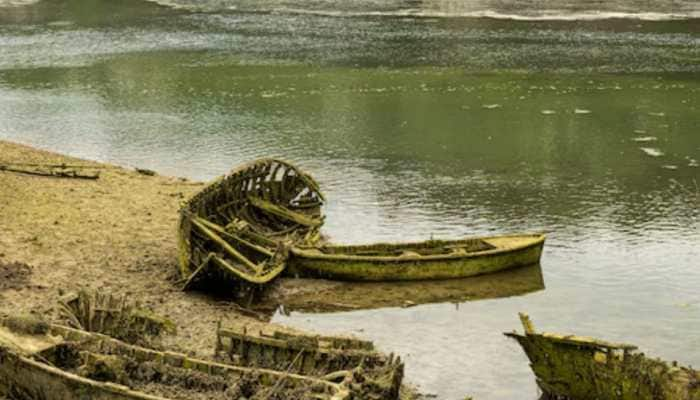Women expected to wear hijab but not burqa, says Taliban
Taliban said that women in Afghanistan will have the right to work and get education up to the university level.
- Taliban has said that women are expected to wear a hijab but not a burqa.
- The militant group has said that these are not their rules but are Islamic rules.
- Taliban said that it is 'for the security' of women.
Trending Photos
) File Photo (Reuters)
File Photo (Reuters) New Delhi: Amid reports that the Taliban is forcing women to wear burqas in Afghanistan, a spokesperson of the militant group on Tuesday (August 17, 2021) said that they are expected to wear a hijab but not a burqa. Taliban spokesman Suhail Shaheen also said that women in Afghanistan will have the right to work and get an education up to the university level.
In an interview with Sky News, Shaheen said, "Women will be expected to wear the hijab but not the burka."
He said that these are not their rules but are Islamic rules and said that it is 'for the security' of women.
On being asked if the Taliban promises to respect the freedom of women, Shaheen said, "Of course... we are committed to women's rights, to education, to work and to freedom of speech, in the light of our Islamic rules."
Earlier on August 15, the Taliban insurgents tightened their grip on Afghanistan after capturing Kabul. This also led Afghan President Abdul Ghani to flee the country in order to avoid 'bloodshed'.
This is to be noted that the Taliban had ruled Afghanistan between 1996 and 2001 and in those five years, had imposed Sharia Islamic law. They had introduced punishments like publically executing convicted murderers and adulterers and carrying out amputations of those found guilty of theft. Men were required to grow beards and women had to wear the all-covering hijab.
However, following the September 11, 2001 attacks on the United States, the US troops had launched a military campaign and had toppled the Taliban's rule in Afghanistan.
Meanwhile, United Kingdom Prime Minister Boris Johnson has said that the Taliban will be judged on their actions and not their words. While speaking at the Parliament on the Afghanistan crisis, Johnson said that the UK must face the reality of a 'change of regime' in the war-torn country.
Stay informed on all the latest news, real-time breaking news updates, and follow all the important headlines in india news and world News on Zee News.
Live Tv







)
)
)
)
)
)
)
)
)
)
